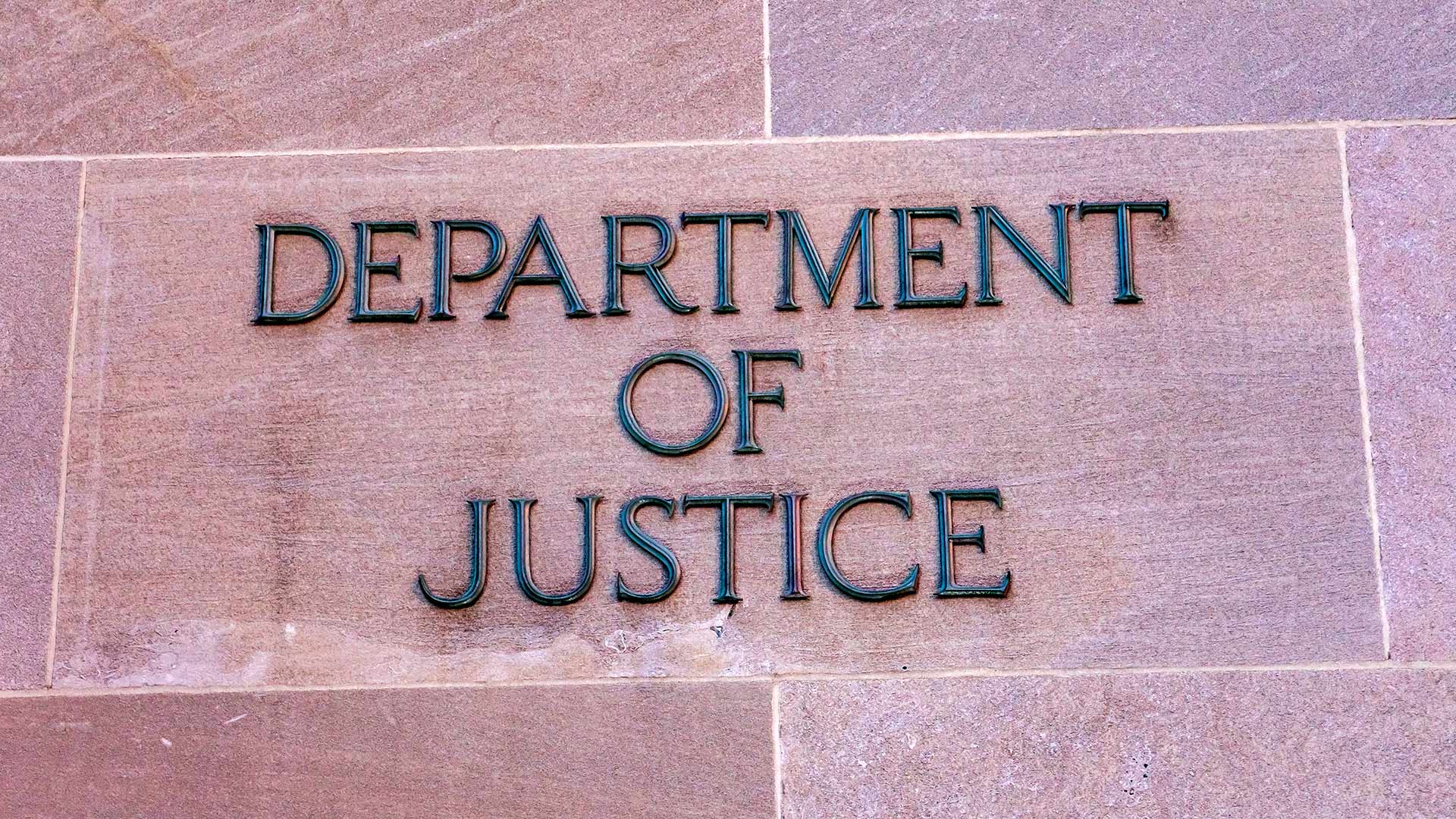
The Department of Justice has announced an online portal and resource center to give law enforcement agencies the tools to improve their policing best practices. Known as the National Law Enforcement Knowledge Lab, it will provide federal reports, academic research, training curricula, and subject-matter experts to help agencies institute reforms and implement constitutional policing practices.
Associate Attorney General Vanita Gupta was joined by police officials, civil rights advocates and researchers at LAPD headquarters for the announcement on April 27.
“Providing law enforcement with the tools, resources and support they need to do their jobs effectively and fairly makes our communities safer and stronger,” Gupta said. “The Knowledge Lab is the latest step in the Justice Department’s ongoing work to listen, learn and take action to build trust between law enforcement and the communities they serve.”
According to a DOJ press release, the online portal is the result of a partnership between the DOJ and nonprofit policy organization the National Policing Institute, along with consulting firm 21st Century Policing Solutions.
These organizations will cooperate to build the portal, which will be overseen by the Bureau of Justice Assistance (BJA).
The Knowledge Lab is part of an ongoing effort by the DOJ to enhance public trust in law enforcement agencies, and follows the department’s Collaborative Reform Initiative, which offers agencies technical assistance from federal experts.
BJA Director Karhlton F. Moore said constitutional policing is foundational for building trust with the community.
“Constitutional policing is foundational to a just and equitable society, and it remains the bedrock of effective public safety,” Moore said. “America’s law enforcement officers work hard to serve our communities. The Knowledge Lab will assist agencies in their efforts to serve with fairness and integrity, and we are determined to help them live up to the highest ideals of their profession.”
Gupta, who was formerly director of the DOJ’s civil rights division under the Obama administration, said there was a need for a centralized portal that agencies could access.
The Assistant Attorney General described the portal as an alternative to DOJ pattern-and-practice investigations, which are time-consuming and expensive. Agencies will be able to utilize the information on the portal free of charge.
Jim Pasco, executive director of the National Fraternal Order of Police, endorsed the Knowledge Lab in preliminary conversations with Justice officials last year. He said the lab is “not prescriptive, but reflective of the best thinking.”
“It’s not mandated. But it’s training and advice and information that will be available to anyone in the law enforcement community who asks for it,” Pasco declared.
Chuck Wexler, who heads the Police Executive Research Forum think tank, said the Knowledge Lab will take on an “educational and preventative” role so departments know what to expect during DOJ probes.
Gupta said that while the online portal will not replace federal investigations into departments — investigations that often result in consent decrees that mandate broad changes and reforms from agencies — it will be an important adjunct to encouraging nationwide police reforms.
“We use the tool of enforcement to prosecute individual officers who willfully violate the law, and we enter into settlements and consent decrees to remedy systemic patterns or practices of unconstitutional conduct,” Gupta said. “But our experience has taught us that these enforcement actions — as critical as they are — cannot and will not resolve the pressing issues that our communities now face. In a nation of 18,000 law enforcement agencies, we will not enforce or litigate our way to fair policing and safe communities.”





